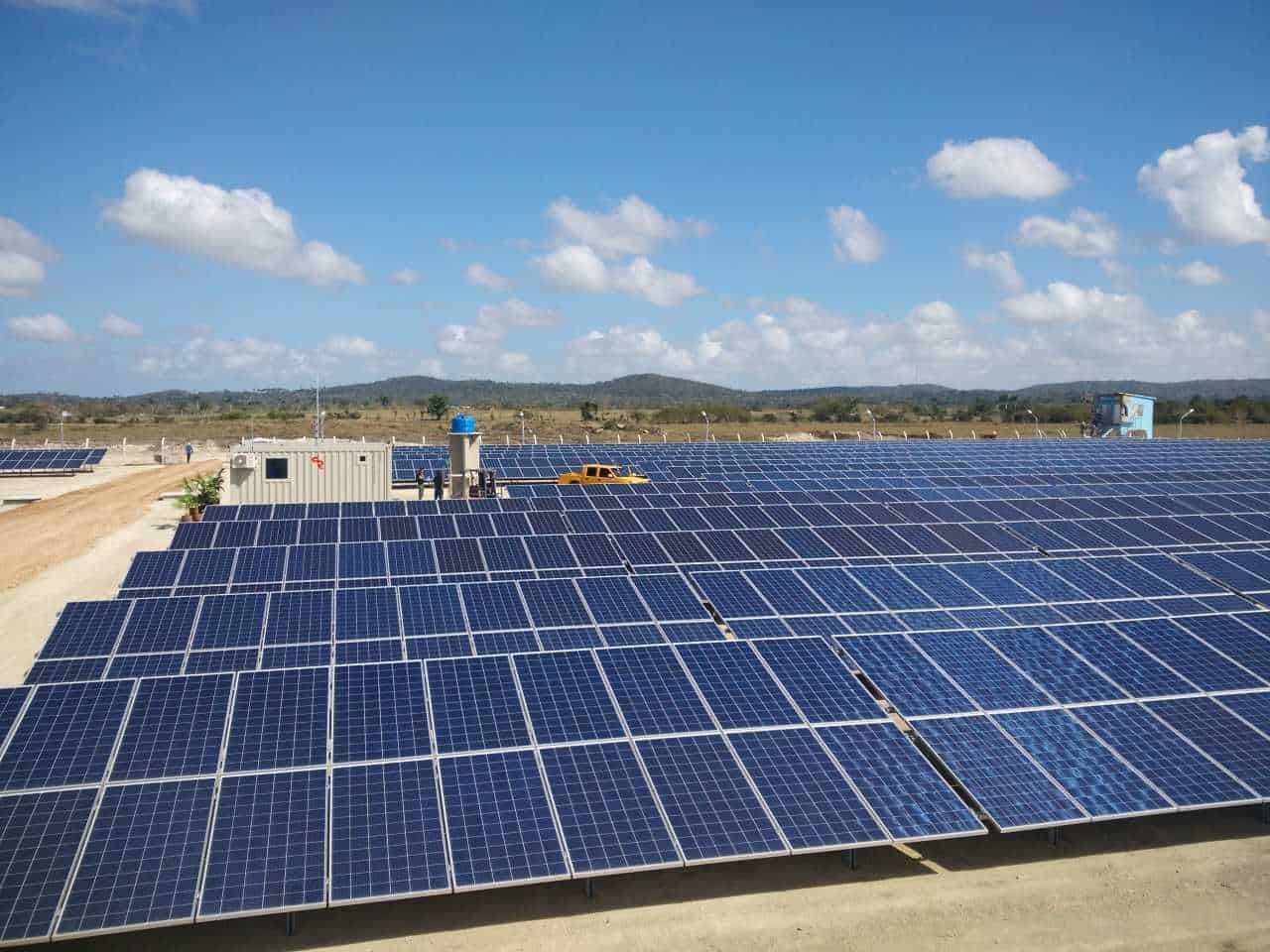Jeddah, Saudi Arabia—The Islamic Corporation for the Insurance of Investment and Export Credit, the Islamic Development Insurance arm of the Islamic Development Bank Group, Saturday signed an MoU with the Abu Dhabi Future Energy Company (Masdar) as part of its goals to transition to renewable and clean energy in markets of common interest.
Under the MoU, signed at the Abu Dhabi Sustainability Week, the two parties agreed to cooperate in establishing, financing and implementing renewable energy projects through insurance support to the Islamic Corporation for the insurance of investment and export credit in the member states.
It includes support for the transition to clean energy through electricity generation from renewable sources that do not emit emissions and the transition to green economy while ensuring sustainable economic growth.
The agreement includes the development of commercially viable renewable energy projects in the Middle East and North Africa region and international markets, and the partnership will have a current combined capacity of more than 23 gigawatts of renewable energy, with an expected reach of more than 50 gigawatts of total capacity by 2030.
SPA reported that the Islamic Corporation plays a role in the participation of the private sector by enhancing the credit provided by its policies to financial institutions on the one hand and access to national and sub-national bodies in the member states sponsoring the relevant climate actions.
The CEO of the Corporation, Osama Qaisi, said the cooperation between the two sides would lead to better coordination and more efficient implementation of their activities for renewable energy production in the member states and provide coverage against political and commercial risks.








